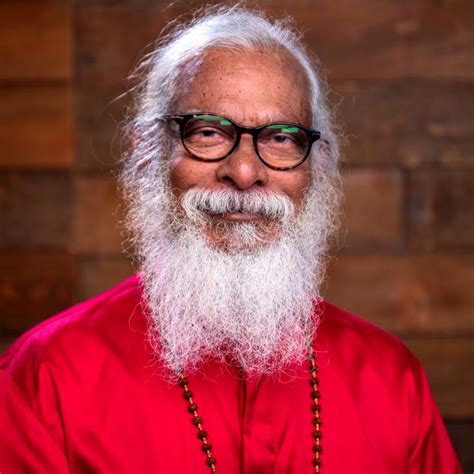A Quote by Charles Spurgeon
Related Quotes
Hypocrisy means deliberately pretending. None of us lives up to his ideals; none of us is all that he would like to be or all that he could be in Christ. But that is not hypocrisy. Falling short of our ideals is not hypocrisy. Pretending we have reached our ideals when we have not - that is hypocrisy.
God's word tells us that righteousness is a gift; it cannot be earned. But godliness is not a gift. We must pay a price to touch godliness through a daily decision to die to self and embrace the cross. God calls us to learn godliness in the classroom of life among people as we sit on airplanes and buses, walk among our neighbors and labor at our factories or desks.
What the Latins have done in this text (1 John v, 7) the Greeks have done to Paul (1 Tim. iii, 16). They now read, "Great is the mystery of godliness; God manifest in the flesh"; whereas all the churches for the first four or five hundred years, and the authors of all the ancient versions, Jerome as well as the rest, read, "Great is the mystery of godliness, which was manifest in the flesh." Our English version makes it yet a little stronger. It reads, "Great is the mystery of godliness: God was manifest in the flesh."
Hypocrisy is bad, but it's not the worst vice in the world. If I declared “murder is wrong” and then killed somebody, I would hope that the top count against me would be homicide, not hypocrisy. Liberal elites ' particularly in Hollywood ' believe that hypocrisy is the gravest sin in the world, which is why they advocate their own lifestyles for the entire world: Sleep with whomever you want, listen to your own instincts, be true to yourself, blah, blah, blah. Our fear of hypocrisy is forcing us to live in a world where gluttons are fine, so long as they champion gluttony.



































